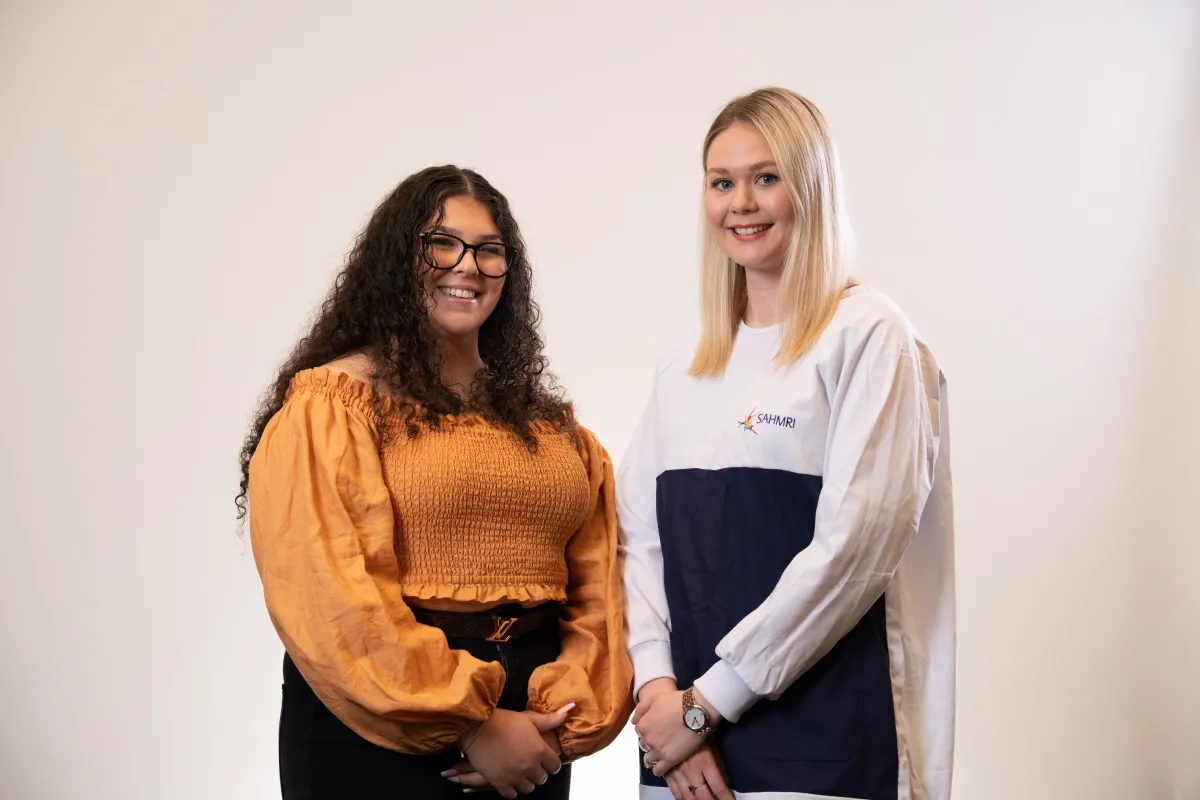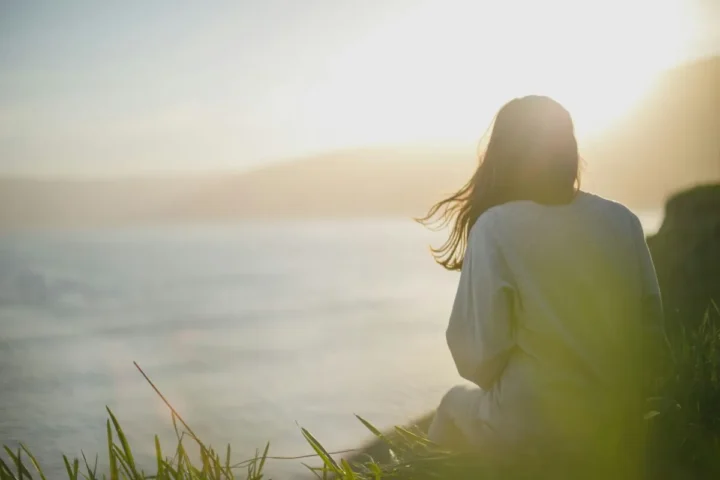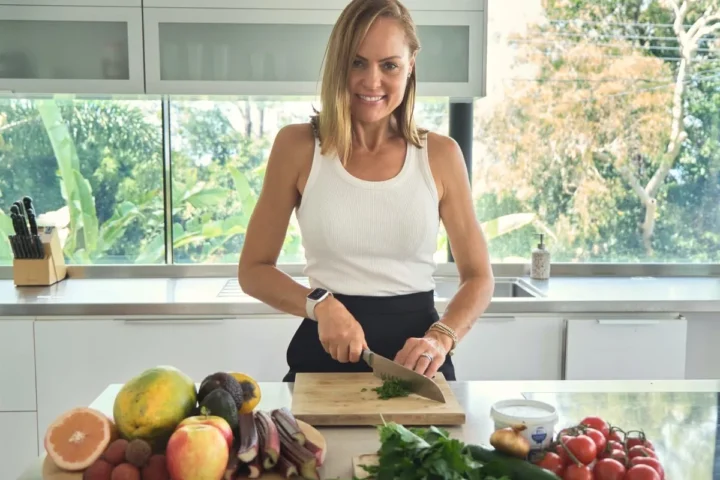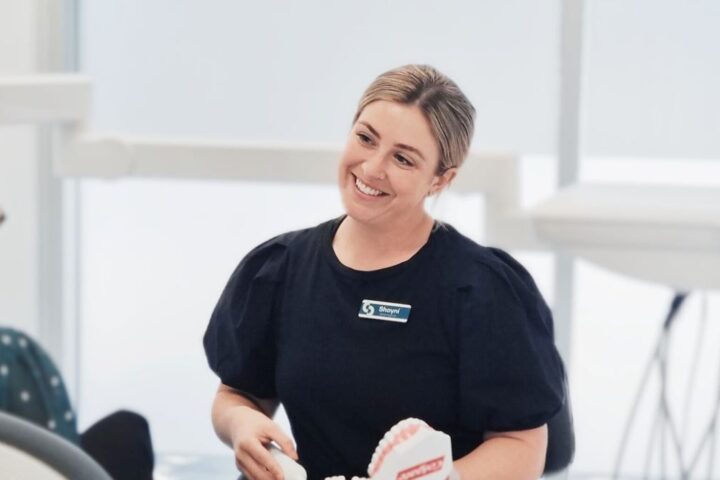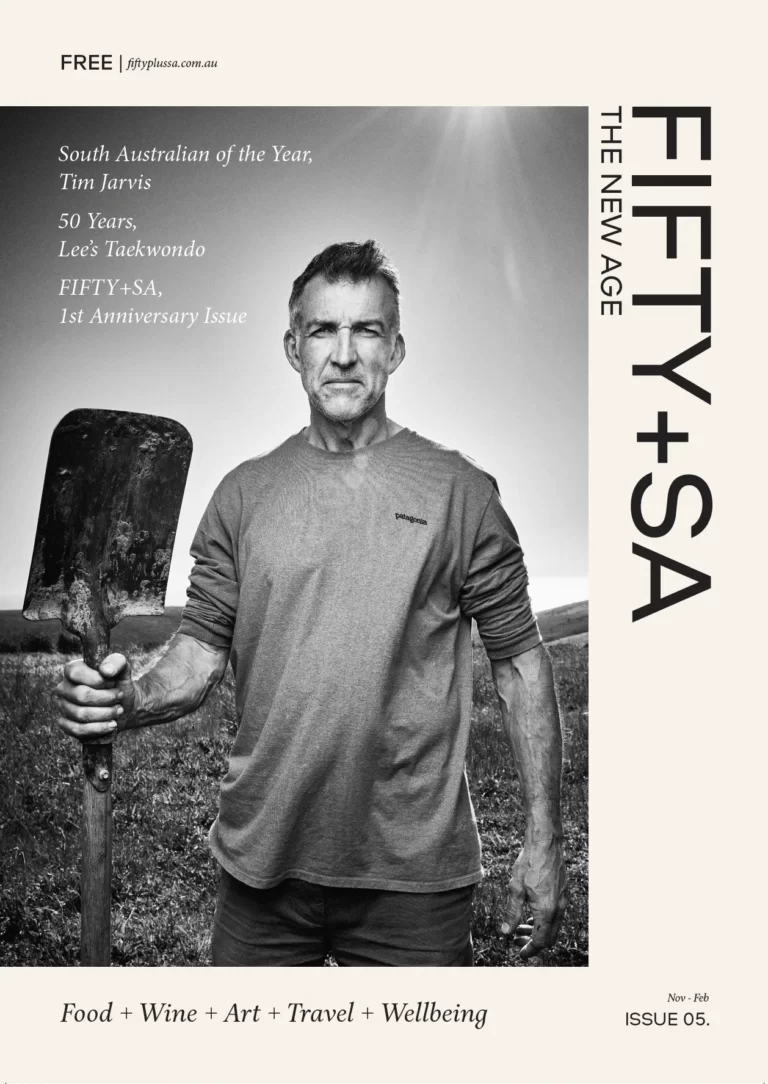It was terrifying news. But, thanks to advances in health and medical research, Jess is a cancerfree survivor who’s now in her twenties.
“While I was having treatment, we saw a lot of friends pass away, and we’ve had family members also
die from cancer,” Jess said.
“We realise how important research is because, without it, there is no way we will find a cure. Without research, I wouldn’t be here now.”
Her family – mum Bernie, dad Bruno and twin siblings Tony and Bianca, 10 – reacted to Jess’s experience by throwing a party. And they’ve devoted themselves to supporting cancer research by hosting elaborate “Life’s Good” fundraising events at their home every two years since.
Jess said the family pulled the most recent event, which attracted 240 guests, together in
just over a month.
“As soon as COVID restrictions were lifted, my Mum said, ‘We are doing it, and we are doing it next month’,” Jess said.
To date, they’ve raised an incredible $168,000, which means more ground-breaking Adelaide research into new, more personalised treatments for kids with cancer.
SAHMRI postdoctoral research fellow Elyse Page received a $100,000 grant from the Simone
family to support her globally significant project.
“It is absolutely amazing what they have done. It is sustaining our research, which is showing exciting possibilities for people with blood cancers,” she said.
“It means so much to our lab and allows us to keep doing the work we are,” she said. “The work we are doing really is groundbreaking.”
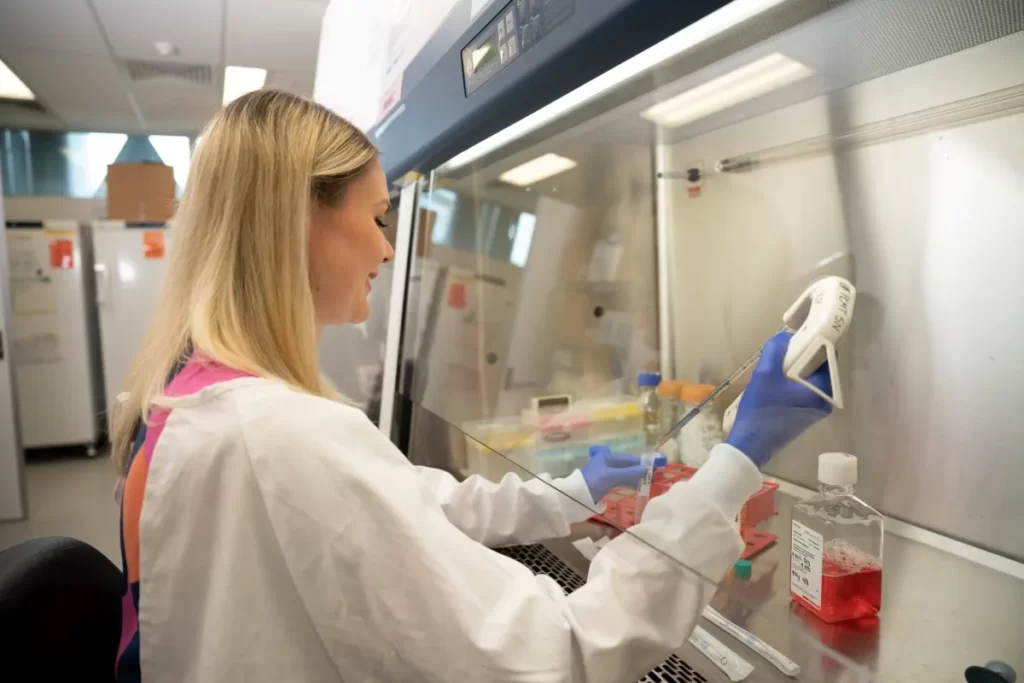
A personal family connection drives Elyse’s quest for better cancer treatments.
“My dad had blood cancer when I was a child, and while I didn’t understand it, I knew he was sick and wanted to find a way to stop it,” said Elyse.
“In 2020, he relapsed, and the blood cancer transformed into a very aggressive disease. He had to have high-dose chemotherapy, which meant two weeks admitted to hospital on a chemo drip, then two weeks at home recovering before going back again for another fortnight. This went on for nine months until he achieved remission. But it was toxic to his body, and it was hard to see one of the most active, fit people brought down like that.”
Elyse said it is vital to find better therapies as many patients, like her father, do not respond well to chemotherapy.
“My research is working towards identifying targeted therapies for children with leukaemia. Through clinical trials, we can find more specific treatments with fewer side effects so that leukaemia patients can have a better quality of life during treatment and less chance of relapse,” explained Elyse.
“The first step towards achieving this is understanding the fundamental disease biology. Then, once we understand it, we can target the key pathways involved in spreading those cancer cells. If we can target the key molecule driving the leukaemia, we can potentially decrease the dose of the toxic chemotherapy.”
All remains the most common cause of non-traumatic death of children in the Western world. For adults, survival rates are just 40 per cent, with patients who survive at risk of suffering long-term impacts of treatment from diabetes to cardiovascular disease and obesity.
If you would like to support Elyse’s research, you can throw a party of your own or donate at sahmri.org.au/donate

